India, the land of future, is a country which is endowed with an ancient civilization and culture. This historical Indian history is one of the most important subjects in India. It has been formed over many years and is related to different religions, traditions and customs.
India’s cultural heritage is rich and varied. It is blessed with a rich heritage value that remains unparalleled. Here are the 20 incredible facts about Indian History you must know:
Facts About Indian History
1. Largest Importer of Arms

India is the second-largest importer of arms in the World but it has never invaded or attacked any country.
2. India Never Invaded Any Country
In the last 10000 years of history, India has never invaded any country.
India has always been a peace-loving country where people respect each other. Indians are friendly towards their neighbors who lived nearby or beyond their borders.
3. Sanskrit
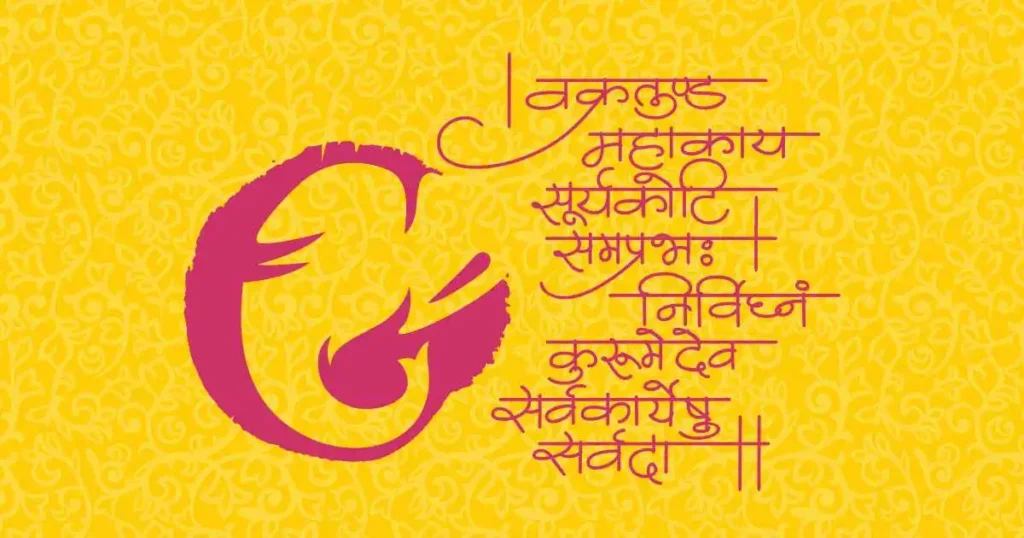
Sanskrit is the mother of all European languages. It is also the most suitable computer software and programming language, reported in Forbes magazine, in July 1987.
Nowadays, it is being used by many people around the world to understand different concepts on computers.
In Germany, 14 of the top Universities teach Sanskrit.
4. World’s Highest Battlefield
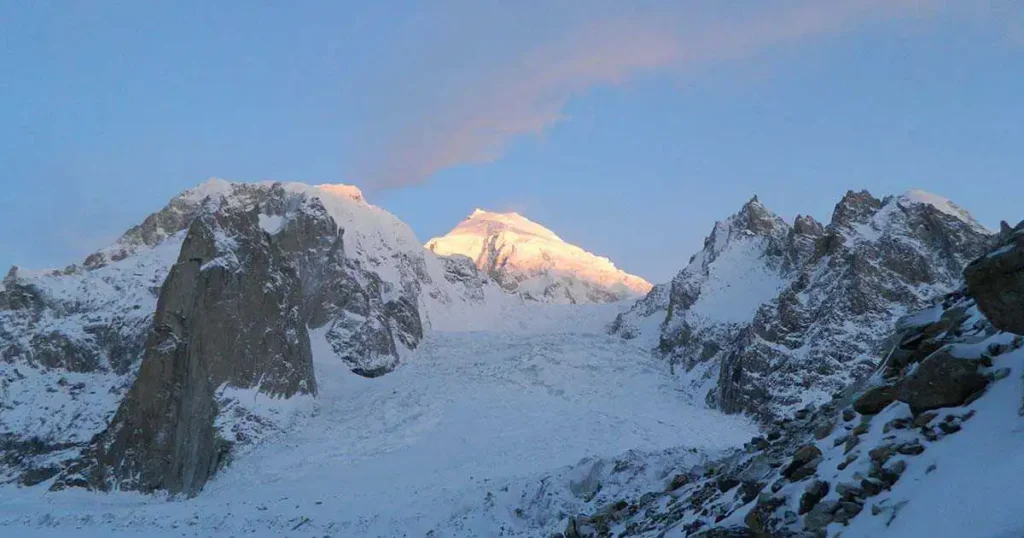
Siachin, in the Ladakh district of Jammu and Kashmir, is the world’s highest battlefield.
This place is known as ‘the most inaccessible hill station’ and forms part of the Great Himalayan National Park, under the jurisdiction of the Ministry of Environment and Forests, Government of India.
It offers a stunning landscape with extremely difficult terrain and unique wildlife.
Siachin gives India its biggest political impetus, but it is still a remote spot. The township at 1,800 meters (6,000 feet) above sea level is run by India’s military, and the peaks are guarded by soldiers and reconnaissance planes.
5. The Richest Country in the World
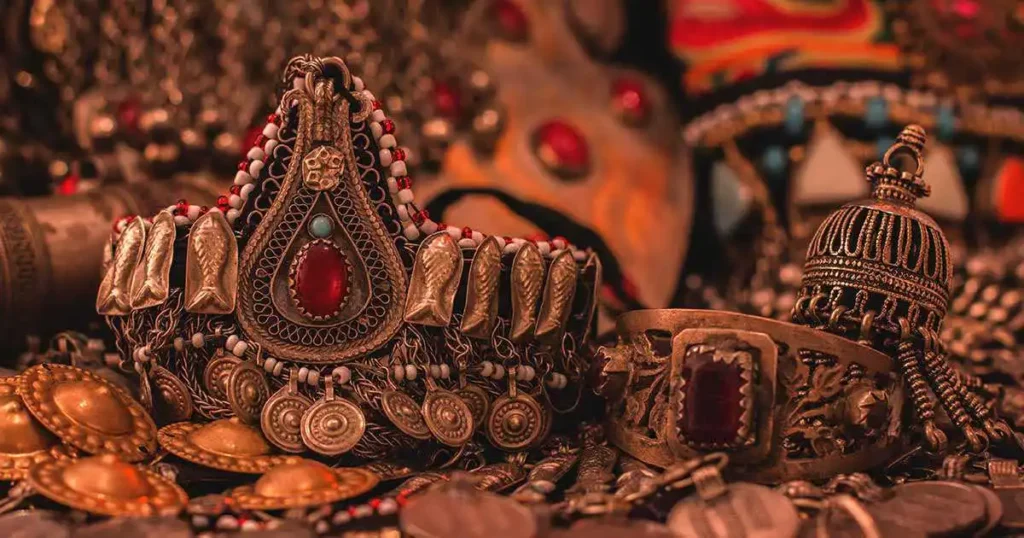
Modern India is still underdeveloped and has poverty. But India was the richest country on the earth until the time of the British invasion in the early 17th Century.
It had a population equivalent to the UK today, but with a much bigger landmass than Britain.
6. The Biggest Vegetarian Population
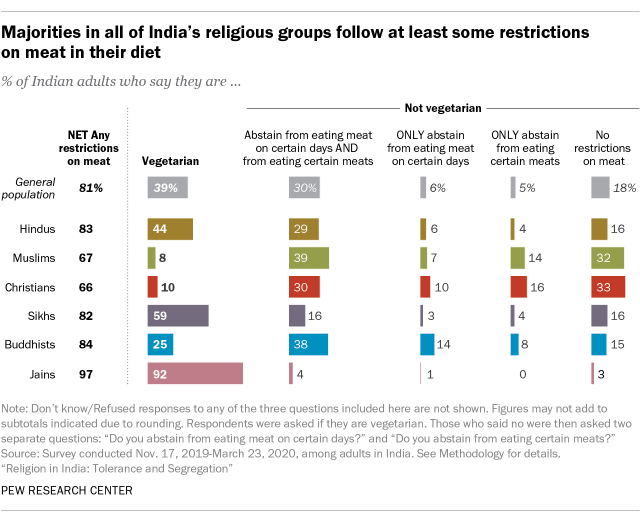
India is the second-largest country in terms of population and the biggest population of vegetarians in the world.
More than 39% of the population is vegetarian.
7. The Art of Navigation
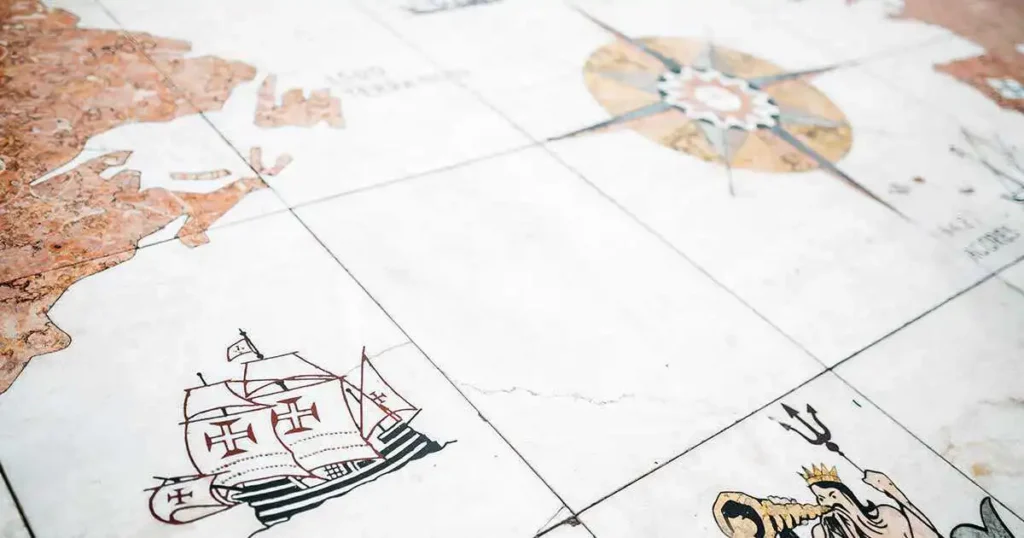
The art of Navigation was born in India during Indus Valley Civilisation 6000 years ago. The very word “Navigation” is derived from the Sanskrit word NAVGATIH.
8. Largest Producer of Tea
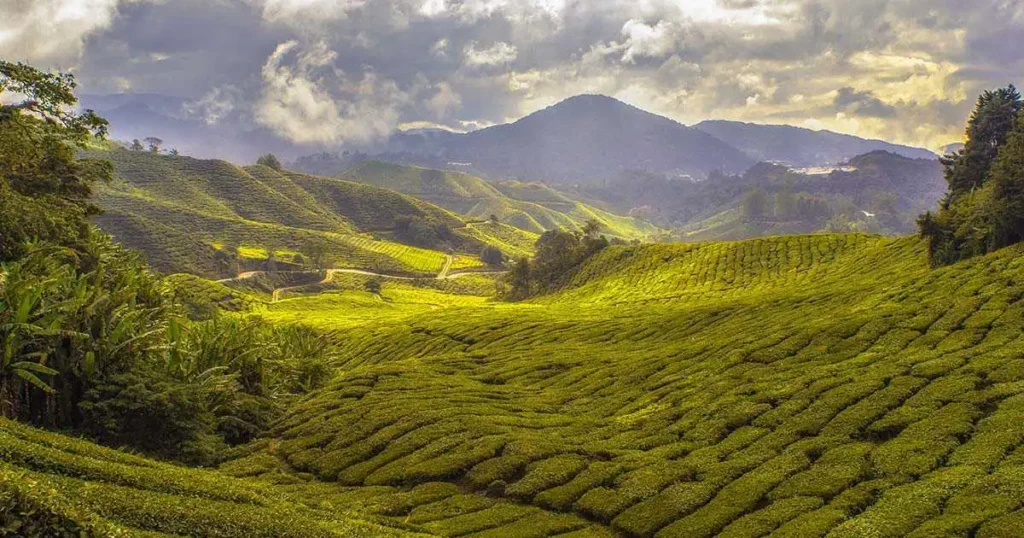
India is the largest producer of Tea in the world. India has a tea-drinking culture dating back several centuries.
While there are many different varieties of tea produced in India, most people start with the Earl Grey type black tea and then move on to other varieties of tea such as Assam, Darjeeling, and Pu-erh.
Tea makes up 60% of India’s agricultural exports. Tea production is valued at over USD 1.5 billion, with approximately 80% of tea exported out of India being black tea.
9. Origin of Martial-Arts

Martial Arts first originated in India, then later spread across Asian countries like Korea, Japan, and China through Buddhist missionaries.
The main purpose of these spiritual teachings was to strengthen the warrior in his fight against his inner demons and demons of society.
Martial arts have been practiced as spiritual cultivation since time immemorial.
Buddhist monks were responsible for teaching martial arts to their followers, who would later use these techniques to defend and protect themselves while furthering their own spiritual growth.
The martial arts practices have evolved over time to become a unique blend of religion and physical combat that has increased peaceful community relations.
10. Origin of Sikhism
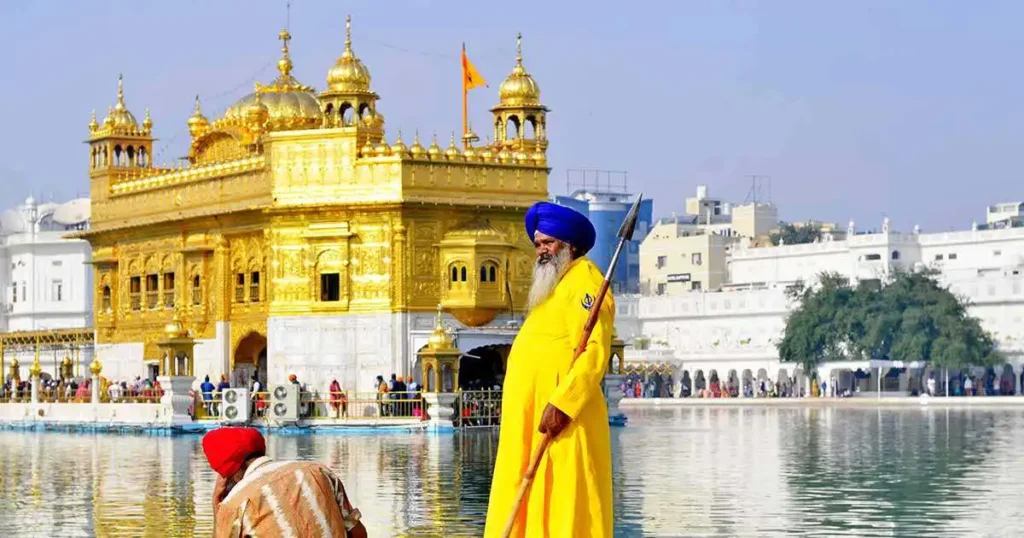
Sikhism originated in the Holy city of Amritsar, Punjab in 1577 when Guru Nanak wanted to spread his message and it became an important place for Hindus and Muslims as well as Sikhs.
11. The ‘Lonar Lake’
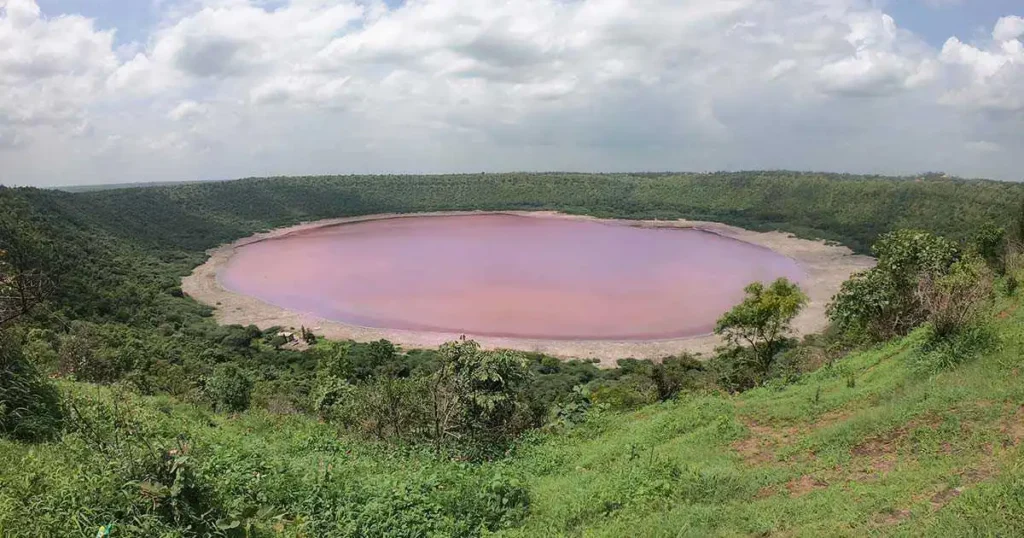
In 1650, a meteor fall was witnessed by the people of India. This impact changed the course of history and hence, the ‘Lonar Lake’ as we know it today came into being.
12. The First Granite Temple
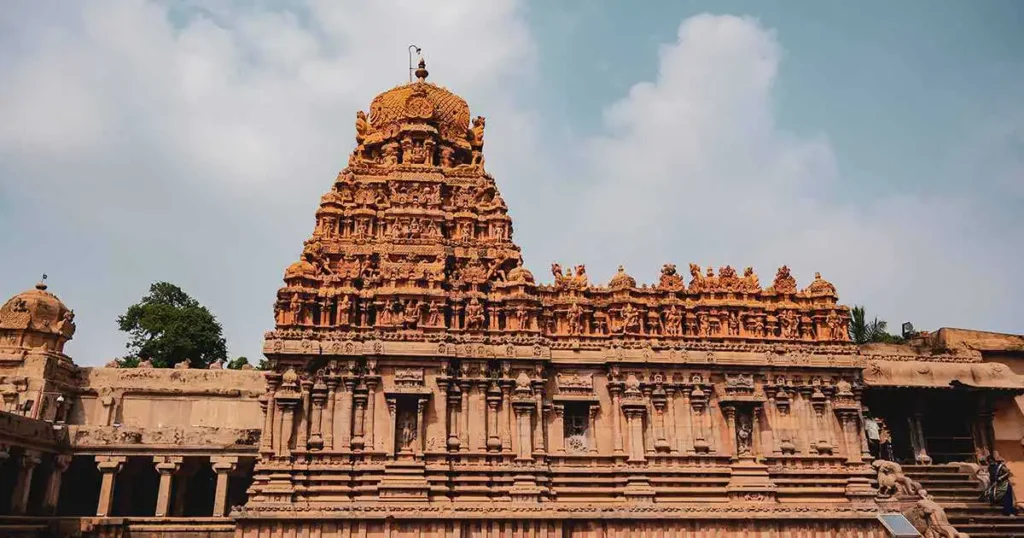
The magnificent Brihadeswara Temple is the first granite temple in the world which was built in just 5 years during the reign of Rajaraja Chola in the 11th century.
The temple is situated in Thanjavur, Tamil Nadu (INDIA).
13. Most Advanced Civilization
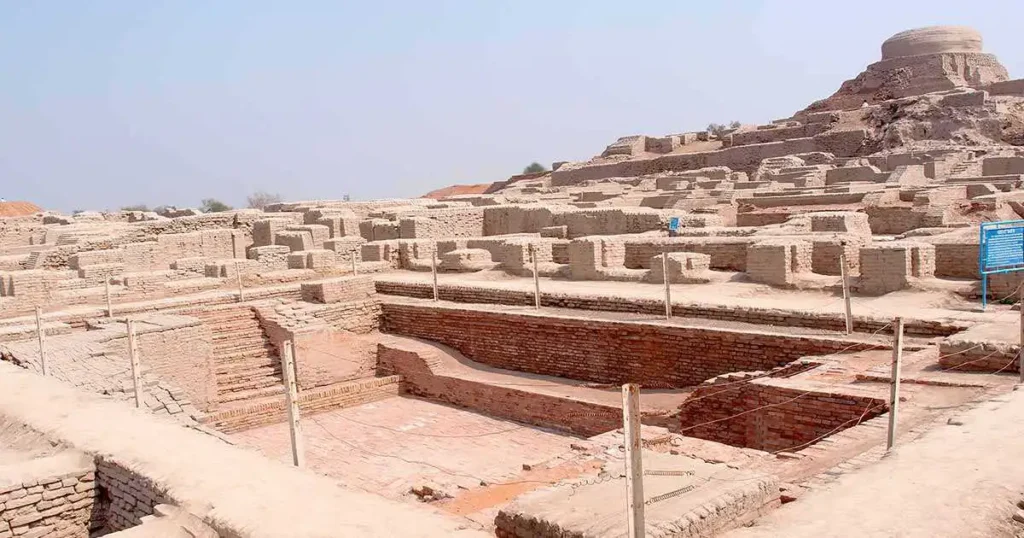
The Indus valley civilization was one of the most advanced and oldest civilizations in the World.
Civilization was very advanced in terms of infrastructure, town planning, etc. In comparison to Ancient Egypt and Mesopotamia, the Indus valley was considered the most widespread civilization.
14. World’s Largest Religious Pilgrimage Destination
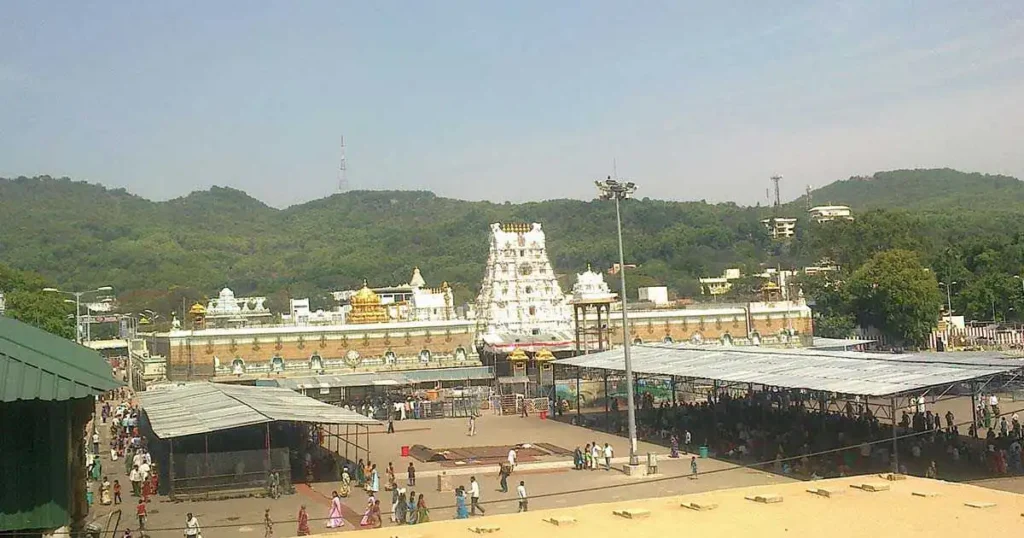
The Vishnu Temple in the city of Tirupathi is the world’s largest religious pilgrimage destination. It is larger than both Rome and Mecca.
The temple was built in the 10th century. On average, the temple gets $6 million (US) from 30,000 visitors donate.
15. Wettest Place on Earth
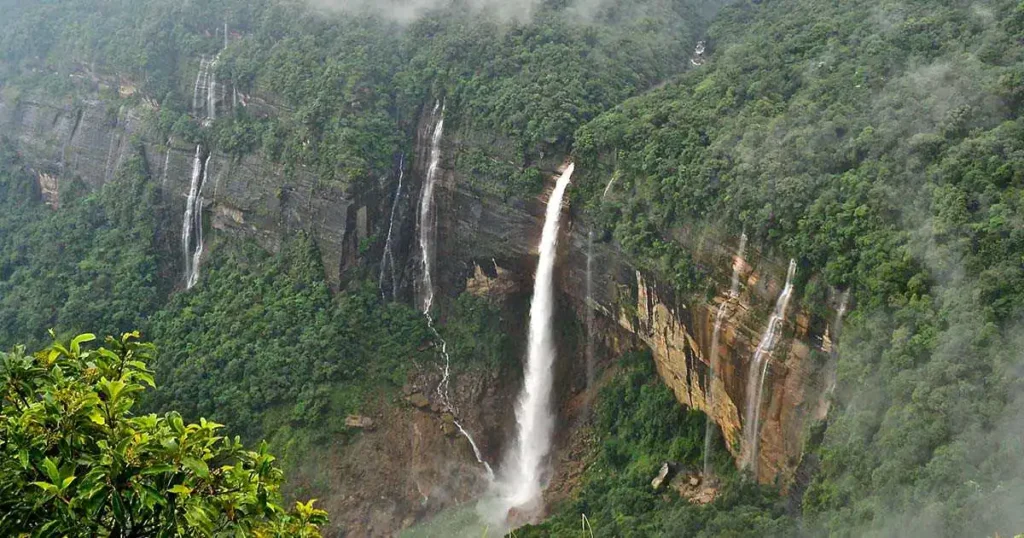
Mawsynram, Meghalaya in India is the wettest place with 11871 mm of average rainfall.
It is a small town in the Indian state of Meghalaya. Most of the rainfall falls during the two monsoons that fall between June and September.
16. Kamasutra
The ancient Indian work ‘Kama Sutra’ (The Art and Science of Love) was written by Vātsyāyana around 400 BC and describes the different styles of lovemaking.
The text covers everything from kissing to sexual positions, along with tips on what to wear, what music to listen to, and much more.
17. Origin of Hinduism, Buddhism, Jainism, and Sikhism
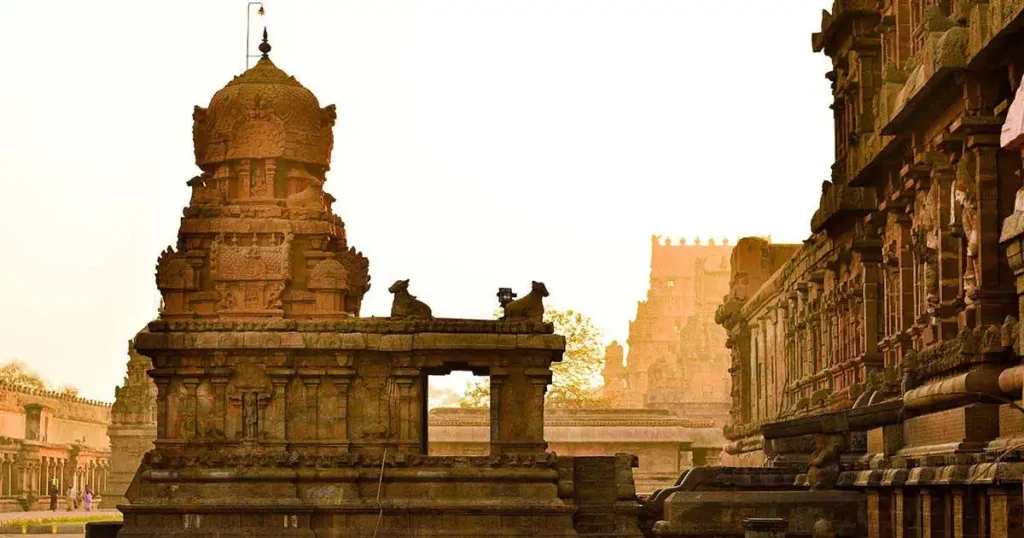
The four religions were born in India – Hinduism, Buddhism, Jainism, and Sikhism. While this had some influence from the other parts of India, the majority of the changes were caused by interactions with different cultures during its history.
18. Anesthesia

Anesthesia was first started in India. It was well-known in ancient Indian medicine. Detailed knowledge of anatomy, digestion, embryology, aetiology, genetics, immunity, metabolism, and physiology was also found in many ancient Indian texts.
19. Earth Orbit Around Sun
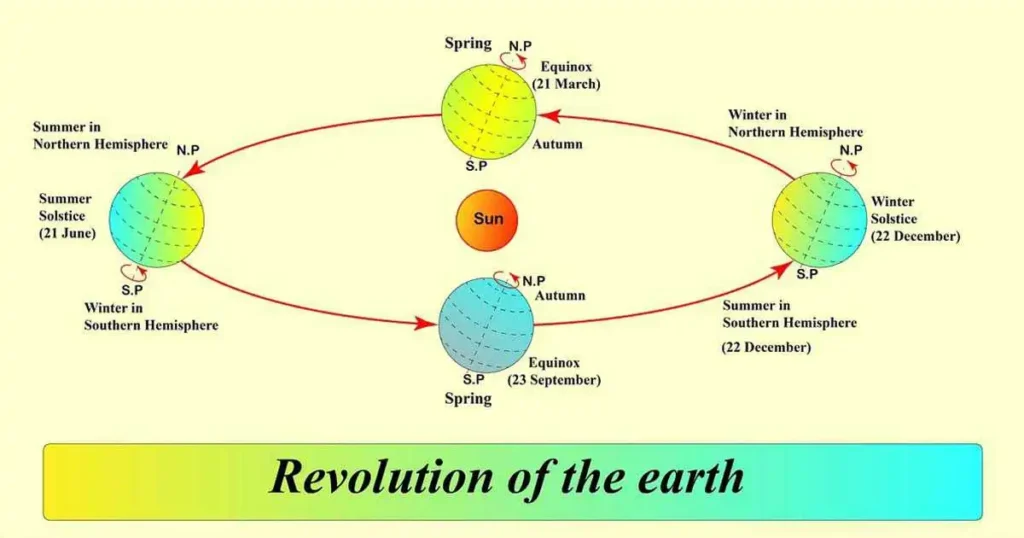
Bhaskaracharya was the first who rightly calculated the time taken by the earth to orbit around the sun. According to his calculation, the time taken by the Earth to orbit the Sun was 365.258756484 days.
20. World’s First University
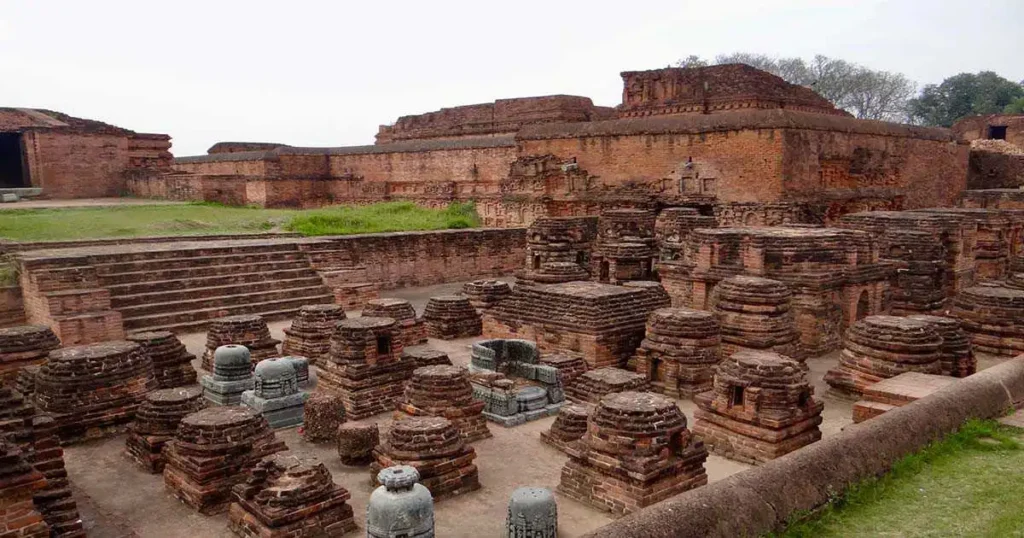
The world’s first university was established in Takshila in 700 BC. There were more than 10,500 students in the university who studied 60+ subjects. The University of Nalanda was built in the 4th Century. It was one of the greatest achievements of ancient India in the field of education.
You may also like:
How many of these facts about Indian History did you already know?



